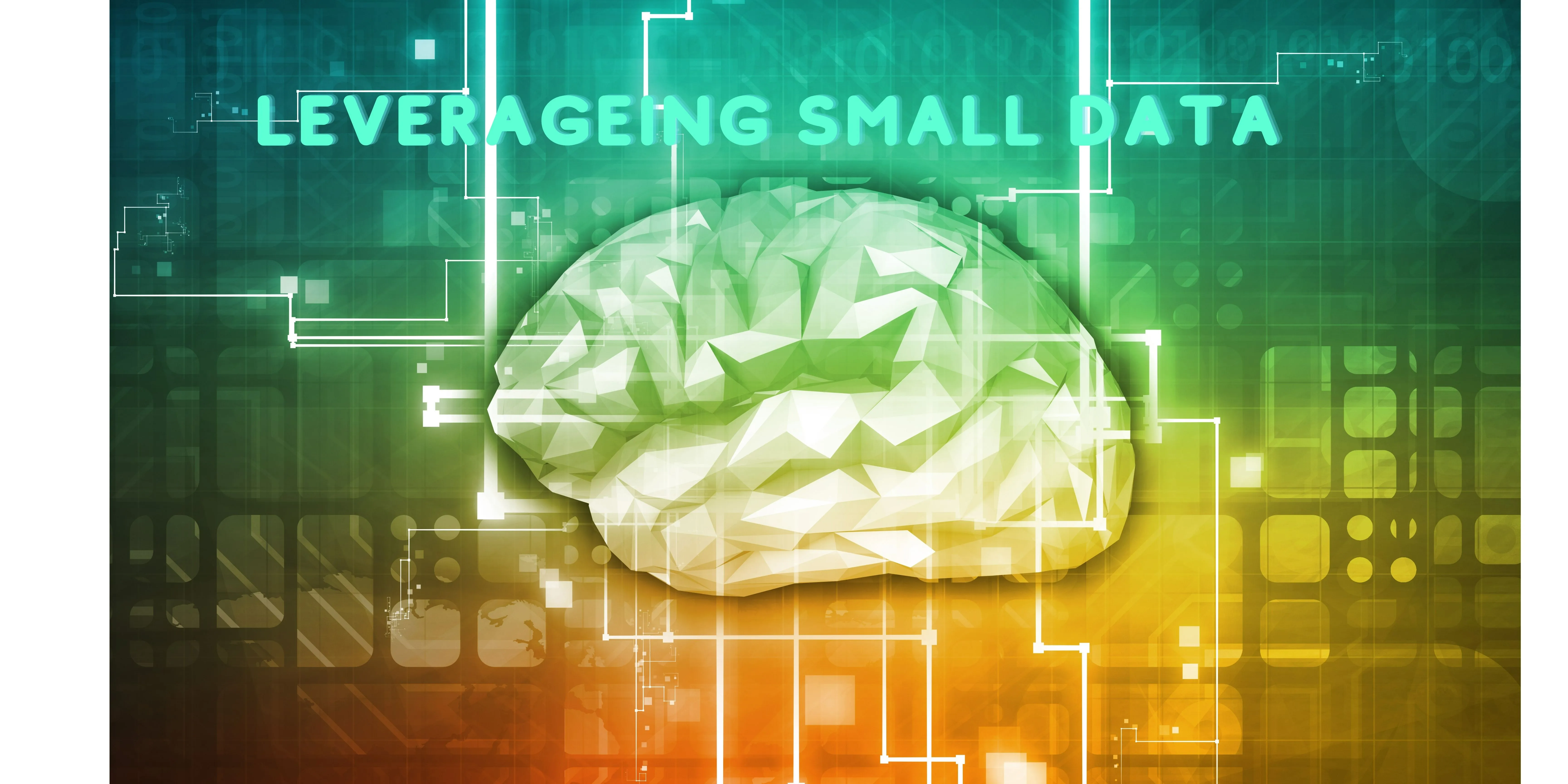
Massive data sets aren't essential for A.I. innovation, says Andrew Ng, founder and CEO of startup Landing AI and cofounder of Google Brain, the tech giant's A.I. and deep-learning team. Ng’s argument is, “Don’t buy into that hype.” The machine-learning expert shared that “there are lots of opportunities in lots of sectors for startups, entrepreneurs, and for big companies to go and create new innovations," even without the massive data sets needed for current A.I. development.
Typical A.I system majorly supports on massive datasets. But according to him, the next frontier for A.I. will be how to build algorithms around much smaller data sets.
Gartner framed big data in three dimensions termed the Three Vs of data. These are as follows: Volume (quantity), Velocity (Speed of Transmission) and Variety (range of type and source). These three V’s were subsequently expanded into Four Vs by IBM, to include Veracity (quality/integrity) of data as the final dimension required to capture value.
Big Data helps us understand human actions and behaviors, for example, website clicks, sales transactions. We are able to obtain an objective ‘What’. What people did. Small Data, helps us understand the attitudes, motivations, and emotions behind those actions and behaviors. The histories and situations leading to the ‘What’ captured through Big Data. Small Data helps us uncover the ‘Why’
Small data is a subclass of data deemed modest enough so as to make it accessible, informative, and actionable by people, without the need for overly complex analytical tools. Best reduced by ex-McKinsey consultant Allen Bonde, “Big data is about machines, while small data is about people”
Cisco is a great example of a company that is leveraging small data to create big changes. By carefully analyzing external big data, they realized they needed to transform on many levels, from introducing continuous employee reskilling to shifting the culture toward forward-thinking services.
Fueled by the incredible growth of e-learning, microlearning, VR, AR, gamification, social and especially machine learning, the value of interaction and the use of small data for proper personalization are absolute musts.
Collecting small data can also be built into the daily culture of a company and continuously tapped via internal forums, training evaluations, feedback forms and others. Leveraging small data can lead to powerful, transformative insights.







